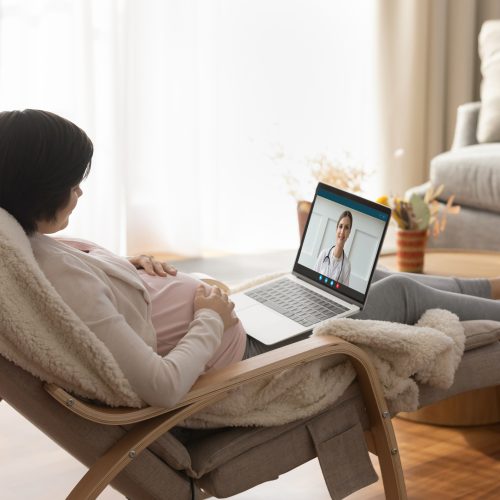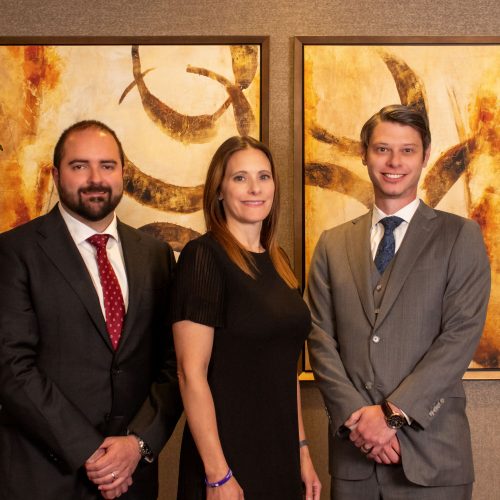Internal Communications Between In-House Counsel and the Company — Under What Circumstances Are These Communications Discoverable? GC’s Beware of the Loss of the Attorney-Client Privilege
8/12/2021
On May 3, 2021, the Delaware Court of Chancery, a court that has historically handled corporate-type matters, issued a ruling in Tornetta v. Musk, C.A. No. 2018-0408-JRS, further challenging the attorney-client privilege for a General Counsel/in-house counsel. The ruling raises concerns regarding when internal communications between Counsel and company personnel are privileged and confirms there is no blanket protection for such communications, particularly when adverse interests exist between Counsel and executives of the organization. Rather, the factual circumstances surrounding the communications become key factors to determine if a communication between General Counsel/in-house counsel and company personnel is privileged.
The details of the Tornetta v. Musk case are as follows. In 2018, Tesla’s Compensation Committee approved a compensation package for Elon Musk that would award him up to $55.8 billion. The plaintiff, a Tesla stockholder, challenged that compensation package. During discovery, there was a significant dispute about whether two categories of documents were privileged: (1) documents exchanged between Tesla’s in-house counsel and Tesla’s Compensation Committee that contained legal advice from the compensation committee’s advisors, and (2) documents shared with the General Counsel that contained legal advice from the Compensation Committee’s advisors. Plaintiff filed a motion to compel the disclosure of these documents and argued that in-house counsel acted on behalf of the Compensation Committee and adverse to Musk, and thus, documents exchanged between in-house counsel and Musk, as it related to Musk’s compensation, were exempt from the attorney-client privilege. The plaintiff also argued that additional documents shared between in-house counsel, outside counsel, and the Compensation Committee were discoverable under the Garner exception to the attorney-client privilege. The plaintiff moved to compel and first argued that Tesla’s General Counsel acted as Musk’s agents and prepared a compensation package that served Musk’s interests rather than the company’s interests. Plaintiff then changed course and argued that in-house counsel acted on behalf of the Compensation Committee, and thus the attorney-client privilege had been waived as to any documents shared between the General Counsel and Musk. As stated, the plaintiff also argued that these documents were discoverable under the Garner exception to the attorney-client privilege.
The Court considered the plaintiff’s waiver argument and concluded that, because Musk was adverse to the company with respect to the negotiation of his compensation package, any privilege that may have existed as to communications involving Musk was waived. Thus, the Court ordered the defendants to produce communications between Tesla’s in-house counsel and Musk, including documents containing legal advice, that related to the negotiation and approval of the compensation package.
Next, the Court considered the plaintiff’s Garner argument in seeking to obtain the remainder of the sought-after documents, an exception to the attorney-client privilege in the context of stockholder suits against a corporation or its controllers. See Garner v. Wolfinbarger, 430 F.2d 1093 (5th Cir. 1970) (which provides that stockholders seeking to prove fiduciary breaches by those in control of the corporation may invade the corporation’s privilege upon a showing of good cause.) Applying the Garner standards, the Court concluded that the second category of documents sought by Plaintiff, were subject to the attorney-client privilege. The court found that the plaintiff had not satisfied the Garner exception’s exacting standard, as the plaintiff was unable to establish the need for privileged information to support his claims because he had access to non-privileged discovery which could allow him to prove Musk’s influence over Tesla’s Compensation Committee. Thus, the plaintiff was denied the right to review emails between in-house and outside counsel based upon the Garner exception. Accordingly, the Court determined that there was no good cause to pierce the privilege between in-house counsel, the Compensation Committee, and its outside legal advisors.
The Tornetta decision further demonstrates that an in-house counsel’s internal communications are not always protected by the attorney-client privilege. In the context of executive compensation and other issues in which executives have interests adverse to the company, privilege may be waived or disregarded under some circumstances, allowing ready access to otherwise protected communications. Although the Tornetta decision is a Delaware case and relied upon the Garner standard for a position as to some of the documents sought, the Garner exception has been cited in one New Jersey state court published opinion (In re PSE&G Shareholder Litigation) and has been relied upon by many New Jersey federal courts. Nonetheless, the Delaware court’s opinion in the Tornetta v. Musk case further illustrates that “in-house” communications with a General Counsel are not always protected by a blanket attorney-client privilege, particularly where the in-house counsel and executives can be considered adverse.
In conclusion, in-house counsel should be mindful of when their communications may become discoverable. Protecting confidential or sensitive communications may often require consultation with outside counsel, and prefacing that an email, for example, is a “confidential attorney-client privileged communication.” The litigation attorneys at Brach Eichler can assist in-house counsel on how best to protect sensitive or confidential internal communications from disclosure.
If you have any questions about this alert, please contact:
Rose Suriano, Esq., Member and Co-Chair, Litigation Practice at rsuriano@bracheichler.com or 973-403-3129
Michael A. Spizzuco, Jr., Esq., Associate, Litigation Practice at mspizzuco@bracheichler.com or 973-364-8342












